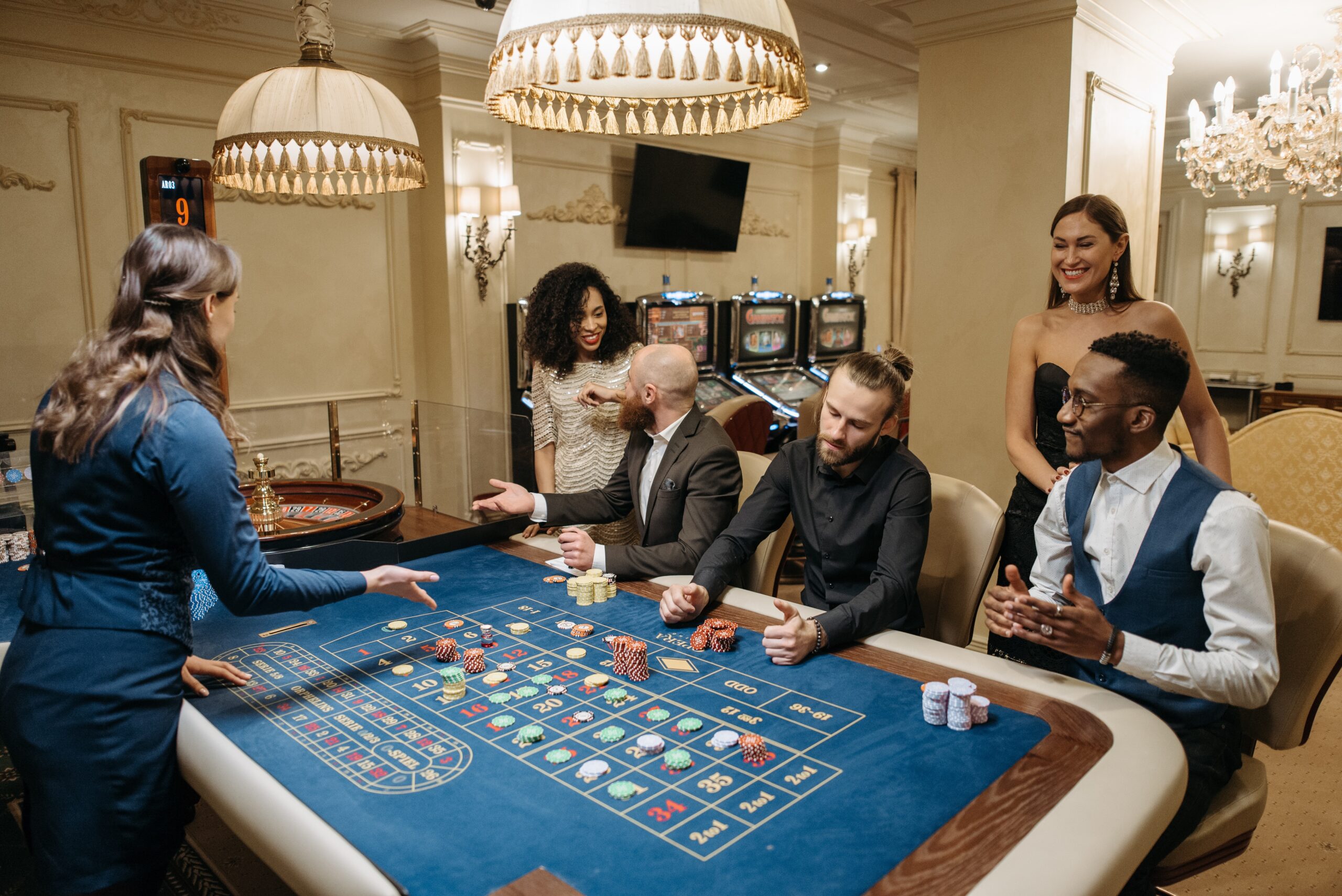Across the globe, the thrill of gambling captures the minds and wallets of millions. From the roll of a dice to the spin of a roulette wheel, why do individuals feel compelled to bet more, even when the odds are stacked against them? Delving into the psychological mechanisms can help shed light on this seemingly irrational behavior.
1. The Intermittent Reinforcement Effect
The intermittent reinforcement effect is similar to how slot machines work. A player never knows when the next payout will come, which creates an addictive cycle of play. This inconsistent reward system is much more compelling than predictable rewards, making individuals more likely to continue gambling despite consistent losses. The brain starts to crave the dopamine surge associated with the sporadic wins, pushing the person to chase after that next potential reward. The allure of “just one more try” becomes powerful as the gambler remains ever-hopeful of hitting the jackpot.
2. The Illusion of Control
The belief in these superstitions or rituals stems from the human need to find patterns or reasons behind random events. Gamblers feel they have found a way to influence an inherently unpredictable outcome by attributing a win to a specific action or item. This false confidence can be dangerous, leading individuals to make riskier bets, assuming their “lucky streak” will continue. In reality, these rituals have no bearing on the outcome, but they heighten the emotional investment in the game. As a result, the highs of wins feel even more exhilarating, and the lows of losses can be more crushing, further deepening the cycle of gambling.
3. Escapism and the Gambler’s High
For many, gambling isn’t just about the prospect of winning money; it’s also about the emotional experience. Gambling can provide an escape from daily stresses, offering a break from reality and a chance to enter a state of heightened excitement and anticipation. This sensation, often called the “gambler’s high,” is akin to the feelings derived from certain drugs, compelling the urge to chase it again. However, it can lead to unhealthy habits when used as a consistent escape mechanism. Understanding these emotional triggers is key to realizing how gambling addiction starts and formulating strategies to counteract its pull.
4. Cognitive Biases in Play
Cognitive biases play a significant role in perpetuating the cycle of gambling. The confirmation bias, in particular, ensures that gamblers give more weight to events that confirm their beliefs. When they win, it solidifies their faith in their strategy, skills, or luck, but losses are often downplayed or attributed to external factors. The gambler’s fallacy further misguides individuals by making them believe that luck will change after a string of losses. These biases create a skewed perception of gambling outcomes, making it difficult for individuals to objectively assess their behavior and recognize the signs of addiction.
5. Social Validation and Peer Pressure
Being in a setting where others are gambling and winning can create a powerful group dynamic. Observing others succeed gives everyone a sense of possibility and the illusion that winning is within reach. The energy and excitement of a casino, with its lights, sounds, and cheers, add to this atmosphere, making the experience thrilling and addictive. The camaraderie shared among betters reinforces the behavior as they bond over wins and losses. This collective enthusiasm can often overshadow individual judgment, leading players to place larger and riskier bets.
6. The Sunk Cost Fallacy
The sunk cost fallacy stems from your natural aversion to loss. Individuals affected by this fallacy believe they might recover or validate their previous expenditures by continuing. However, this thinking can be difficult, as it often leads gamblers to chase their losses, resulting in even greater financial and emotional tolls. This cognitive bias blurs logical judgment, making individuals focus more on their past investments than potential future outcomes. Consequently, it prolongs engagement in gambling, even when the situation becomes increasingly detrimental.
Conclusion
The intricate web of psychological factors steering the urge to bet more in gambling is vast and multi-faceted. Understanding these elements can pave the way for more informed decisions and the development of interventions to assist problem gamblers. Knowledge is power, and in gambling, it can just be the wildcard that changes the game.

